The Internet is moving on to the next stage, Web 3.0, which will return to the origins of the internet as a decentralised network. Web 3.0 is an umbrella term that groups several forms of development, such as metaverse, blockchain and decentralised architecture. More venture capital has already been channelled into companies in this sector than during the internet bubble at the turn of the 21st century. However, regulation has not kept pace with the rapid technological developments. Decisive action and a common set of rules are needed to unlock the potential of Web 3.0 and build the fair data economy of the future. According to a study published by Sitra and Dottir Attorneys Ltd on 16 February (in Finnish), Web 3.0 companies want regulation in Finland to ensure that business in the sector develops responsibly.
Web 3.0 offers a wide range of opportunities. The transition to a decentralised web will create new companies and business models. We currently pay intermediaries for trust, such as a bank to transmit and secure transactions. There are situations where decentralisation without intermediaries, implemented on a blockchain, brings added value. For example, smart contracts, which are blockchain-enabled software, enable automatic exchange of items.
With smart contracts, trust is automated without intermediaries. This type of decentralised service can be compared to a vending machine, where the user inserts money and the machine automation releases the desired product without the involvement of a salesperson. In general, in the history of economy and technology, innovations that simultaneously increase work productivity, save time and money and improve the quality of operations have been realised.
The challenges of Web 3.0 must be tackled by regulation. This is necessary to ensure that a wider range of people can learn to trust new services and solutions.
However, Web 3.0 still has usability shortcomings, security gaps and suspicions of money laundering hover around the development. These things were also present in the internet bubble at the turn of the 21st century. What can be done about it? The challenges facing the sector must be tackled through regulation. This is necessary to ensure that a wider range of people can learn to trust in new services and solutions. At the same time, care must be taken not to stifle innovation in the sector by excessive legislation.
There are dark shadows in the new world, such as the collapse of the crypto exchange FTX. The market for NFTs, or non-fungible tokens, hit a wall and the ubiquitous monkey GIF was just a monkey GIF after all. Such volatility and excesses are typical consequences of new technological developments.
For Finland, it is important to find the right balance of regulation. Finland has traditionally sought to be a strong pioneer in new technologies. Important legislation is coming from the EU, such as the crypto market regulation (MiCA), but at the same time there is also a need for national action. There is a need for national legislation, the development of public authorities, guidelines, communications and strengthening the conditions for competitiveness in the sector. The study by Sitra and Dottir Attorneys presents seven recommendations for Finland on how regulation can boost Web 3.0 business in Finland
It is in Finland’s interest to accelerate the development of the growing Web 3.0 ecosystem. Web 3.0 does not only mean solutions built on blockchains, or decentralised data entities. New solutions and technologies will spread more widely into society.
Web 3.0 thinking involves a strong emphasis on privacy protection. This also makes Web 3.0 an attractive opportunity because, in today’s Internet, the profiling data collected by digital giants about consumers exceeds common sense. A decentralised internet can be fairer than the current one. It gives us the opportunity to build a people-oriented, fair data economy based on the European values. The end result will of course depends on human action – the kinds of legislation, technologies and business models we develop.


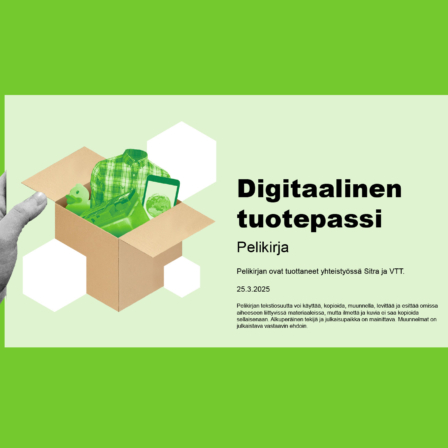
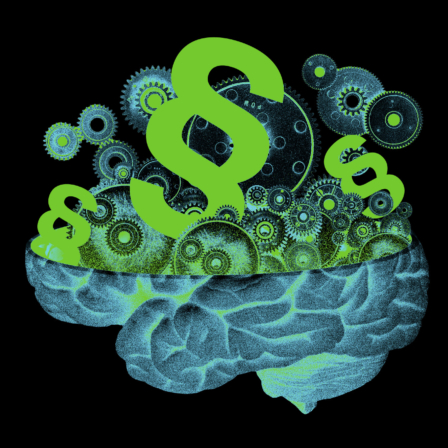
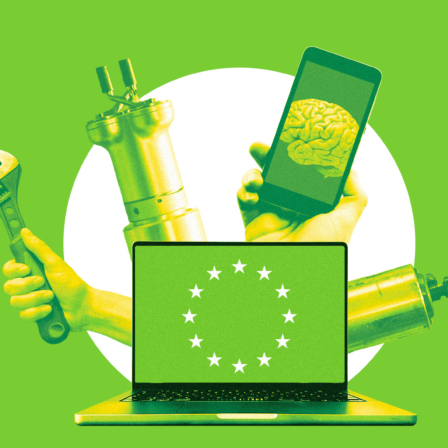
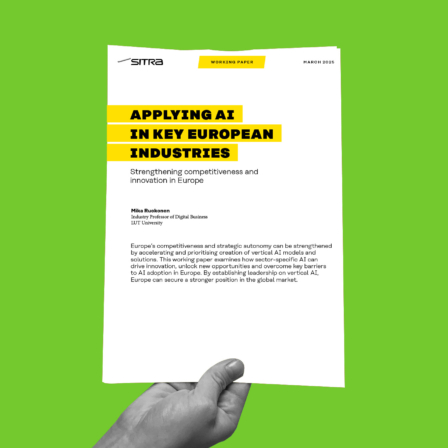

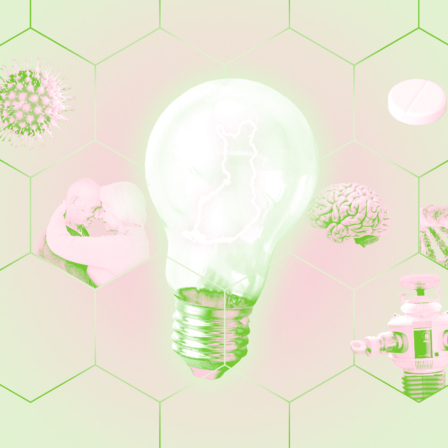

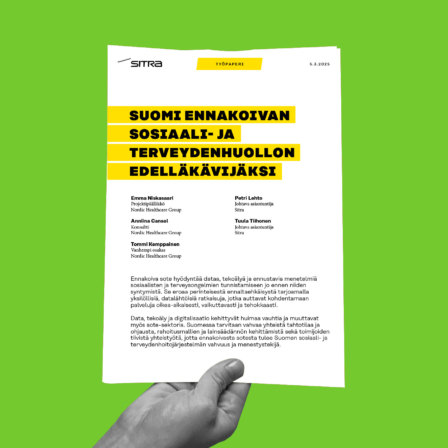




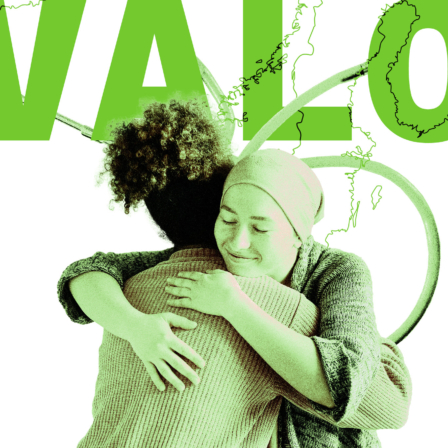

Recommended
Have some more.